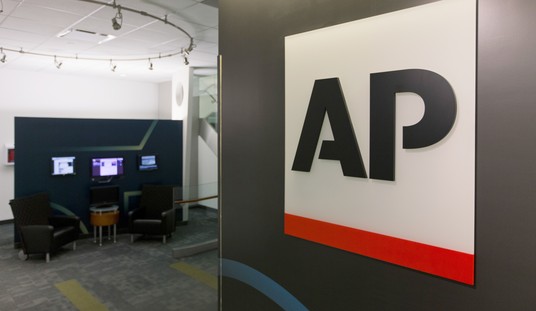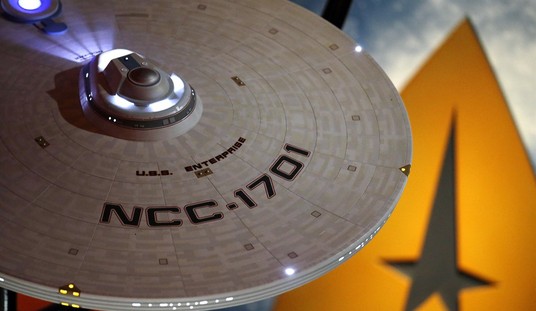I’ve spent my working lifetime in the automotive world, from repair to technical service management and marketing. After a successful career in the industry, I began reporting on the business and the vehicles the companies produce.
Each week, I’m tasked with driving a new vehicle and revealing my findings for newspapers, magazines, radio, and the web. Whenever someone I meet learns that there’s a living to be made doing this, they quickly ask how they can get this gig. My usual reply is that they will have to wait for my demise or the arrival of senility. I must stop making those remarks before someone helps speed my earthly departure.
Nearly every adult has an opinion about cars and, more recently, about the auto industry. And these same folks are willing to share their opinion with anyone who will listen. That’s fair enough and I’m always interested to learn someone’s opinion. But when I read or hear an assessment of automotive products and their producers through media outlets, I expect a bit higher standard — some basic fact-checking comes to mind.
The other day, I flew down from San Francisco to Los Angeles to attend the press preview for the L.A. Auto Show. I rented a Nissan Altima Hybrid, the perfect sedan for Southern California freeways where there’s always plenty of free parking. I’m a talk radio listener, so I tuned into L.A.’s electronic chattering class who were busy dishing our domestic automakers.
The storyline goes like this: Domestic cars do not posses the quality of the imported brands, especially Japanese makes, and the hapless fools running our car companies just won’t build what buyers want. The first notion is based on evidence from at least a decade ago and the second assumption must assume that nothing has changed in Detroit since Michael Moore produced his film Roger and Me.
Let’s tackle the quality issue, since it’s a pretty easy and objective subject to report on. I’ll even save the major media press corps the trouble of spending five minutes pointing their browser to jdpower.com to uncover some interesting facts. For 2008, the JD Power Initial Quality Survey (IQS) ranks 36 automaker brands. Sixteen of the makes scored above the industry average of 118 reported problems per 100 vehicles.
Most people are surprised to learn that seven of the top-tier 15 are domestic brands. Or that Ford’s three brands along with Cadillac, Chevrolet, Pontiac, and Buick score higher than Acura, Nissan, VW, and Scion, among others. Of course, that’s just initial quality, but what happens after a few years in service?
Power also measures the same metrics after three years of service and publishes the findings in a Vehicle Dependability Study (VDS). In this report, 15 vehicle brands are shown above the industry average of 206 problems per 100 vehicles. Five of those makes are domestic, with Mercury and Cadillac scoring above Toyota and just under top finisher Lexus. Of course everyone has their own anecdotal story about trouble with some vehicle make, but the facts are clear — Detroit, especially Ford and GM, have improved quality dramatically and rate among the best.
Now what about those foolish CEOs, flittering around in their fleet of private jets while steadfastly refusing to build what they must know we want to buy? From the comments I’ve heard, these guys apparently chair product meetings anxious to kill any plan to build a winning car. As folklore has it, their mission is to produce products that no reasonable consumer would be caught dead in.
The fact is that every automaker produces a clunker or two, sometimes even a string of stinkers before they get a home run. For example, Audi, Nissan, and Subaru were all nearly dead in North America before they staged product and marketing comebacks. And even the seemingly bulletproof Toyota recently stumbled badly in the light truck business. Its oversize Tundra, along with the dedicated plant that builds it, are financial disasters. Luckily, Toyota has lots of cash in the bank to cover the losses.
Toyota, Nissan, and Honda made their pickup truck bets because those vehicles were what we Americans were buying, a fact not overlooked by Detroit. Some pundits insist that those evil Michigan marketers made us buy the big rigs. Or that the right thing to do would be to produce the small, clean, and efficient cars that people should drive to save the planet. The only folks who would sign off on that plan are those who have never made a payroll.
So what about the vision of today’s Detroit CEO? A few years ago, GM’s Rick Wagoner gathered his management team together and told them that the company must reinvent the automobile to survive. The result has been the extended-range electric vehicles including Chevy’s Volt that are ramping up. And when Alan Mulally took the reins at Ford, he quickly ordered a revamp of vehicles and powertrains to dramatically increase economy.
So the current fix that the former Big Three find themselves in is due to a number of timing issues, not simply bad decisions. Next year, when labor agreements dramatically improve and new products arrive, our automakers may see some light at the end of this financial tunnel. Any other first world country would make a reasonable bet with an important industry and back the loans. In the meantime, our fearless leadership in D.C. wrangles over what pot of money to pick from.









Join the conversation as a VIP Member